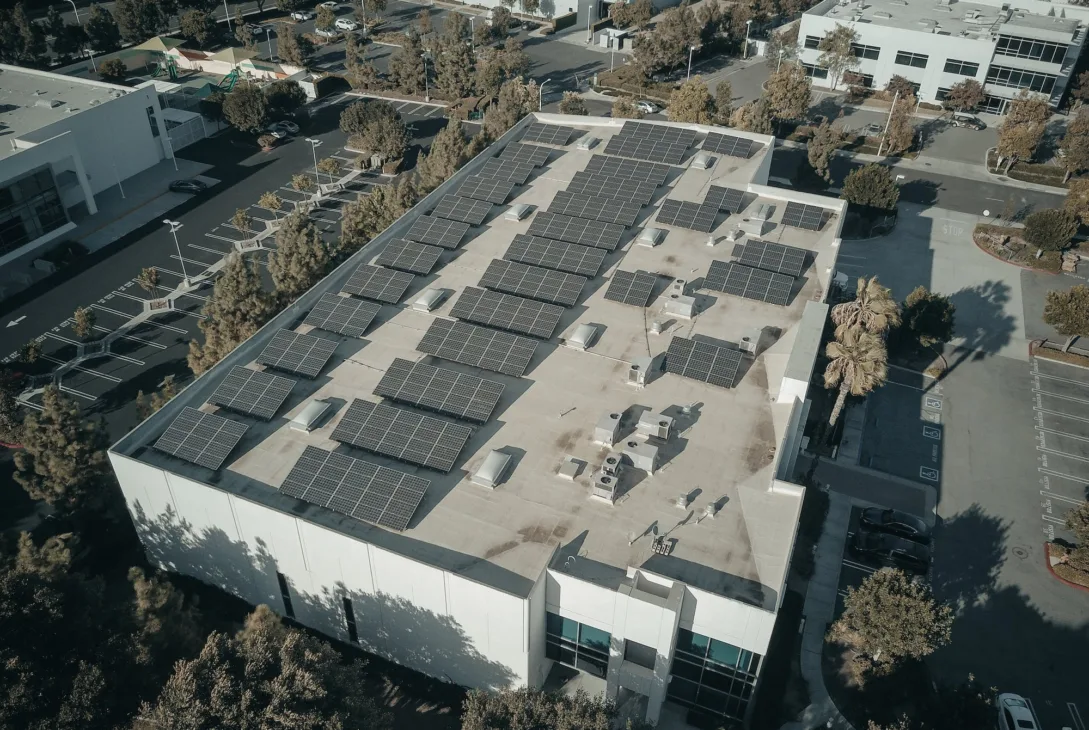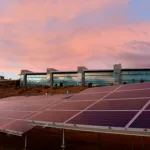The Sun, a gargantuan ball of fiery mass, contributes enough energy to power every home and business many times over. Yet, we still heavily rely on fossil fuels, resulting in climate change and air pollution. However, there has been a shift towards renewable energy in recent years with solar photovoltaic (PV) systems. Powered by the sun’s clean and abundant energy, PV systems emerge as a power broker in the transition to sustainable power sources.
Solar PV financing has become pertinent as individuals and businesses seek to embrace environmentally friendly alternatives and reduce their carbon footprint. Solar PV financing is a determining aspect of transitioning to renewable energy. It involves maintaining solar photovoltaic (PV systems) and obtaining the financial resources. This article aims to provide the necessary knowledge to switch to renewable through solar PV financing, exploring the various considerations and options in this process.
Types of Solar PV Financing
Solar Lease
A solar lease is a financing alternative that allows businesses and homeowners to utilize a solar energy system without the need for an upfront purchase. Property owners can have unlimited access to solar energy with minimal initial expenses through a lease agreement. The lease provider is responsible for installing, maintaining, and monitoring the system, offering a convenient solution for those who want to enjoy the benefits of solar power without the obligation of ownership.
Solar Loan
A solar loan is a financing alternative providing homeowners and businesses with the opportunity to acquire a solar energy system through financing. In contrast to a power purchase agreement (PPA) or a leave, a solar loan enables the property owner to own the solar energy system, along with the ability to benefit from incentives such as rebates and tax credits. These loans can be obtained from a variety of financial institutions with the intention to make solar energy more attainable to a wider range of consumers.
Power Purchase Agreements (PPAs)
A power purchase agreement (PPA) is a financial arrangement that permits property owners to host a solar energy system on their property without requiring direct purchase. In a PPA, a third-party developer owns the rights to operate and maintain the solar energy system, while the actual owner agrees to procure the electricity generated by the system at a pre-established rate. PPAs are a popular financing option for those looking to benefit from solar energy with minimal upfront costs and without the responsibilities of ownership.
Key Financial Considerations
Upfront Investment vs Long-term Savings
For homeowners and businesses, solar PV system financing signifies a momentous financial commitment. Here is what you can expect by analysing the financial implications of investing in solar PV systems. The initial costs of installation may vary depending on factors such as the location and the size of the system. With the cost of solar panels decreasing over the years, it has become a more affordable option for most homeowners and businesses. On the other hand, the long-term savings of solar energy can be significant. Homeowners and businesses can save on their electricity bills through energy generation.
Return on Investment (ROI)
It is important to seize the potential return on investment (ROI) associated with solar PV financing throughout the system’s lifetime to make up-to-date choices regarding solar energy investment. Factors affecting ROI include the efficiency level of the solar panels, financing options, upfront costs, electricity rates, tax incentives, and environmental benefits. By analyzing these factors and making comparisons of various quotations, homeowners and businesses shall be able to identify the best financing option for them and maximise their return on investments.
Maintenance and Operating Costs
Understanding the ongoing solar PV system upkeep expenses, such as maintenance and grid connection fees, is essential for a comprehensive financial assessment. For example, in Malaysia, the maintenance cost of home solar systems typically ranges from RM 200 to RM 800 per visit, with an average of RM 320. Moreover, the cost of professional solar cleaning services may also vary according to system size and location, though DIY cleaning is also feasible only if the system has an easy-to-access flat roof or is ground-mounted. While these costs should be considered, one should also weigh them against the benefits of solar energy and their potential long-term savings.
As the demand for sustainable energy solutions increases, barriers to solar PV financing are slowly being addressed. Financial institutions are progressively realising the significance of investing in renewable energy, offering specialised financing solutions to cater to the needs of every individualized financing option. Additionally, there have been improved governmental initiatives and public awareness to foster a favourable environment conducive to hybrid solar PV systems financing, paving the way toward widespread adoption of renewable energy.







